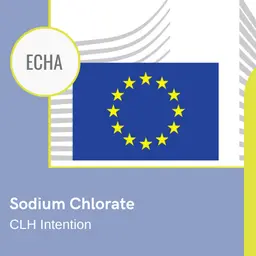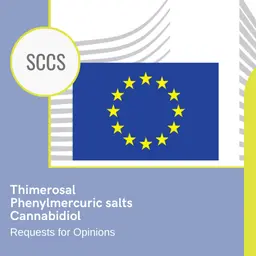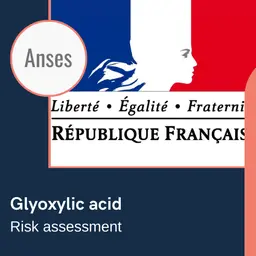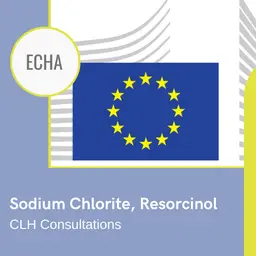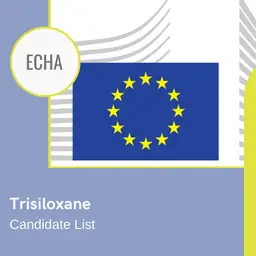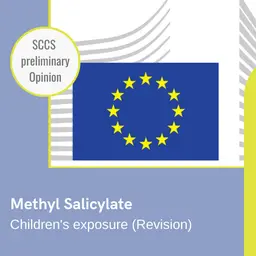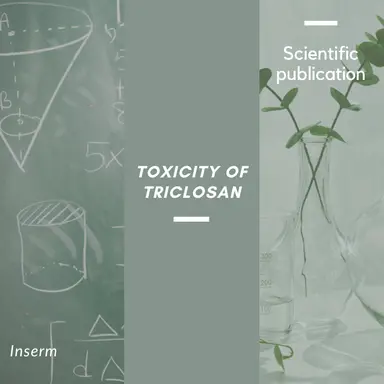
Inserm (the French National Institute for Health and Medical Research) is continuing its investigations into the effects on human health of Triclosan, a preservative and deodorant that can still be used in cosmetics. And the evidence is mounting against this suspected endocrine disruptor, with the latest research suggesting that it could affect the placenta, with possible consequences for foetal development.
In 2021, an epidemiological study conducted by Inserm teams showed that this substance, which is found in certain cosmetics and skincare products, was associated with changes in gene expression in the placenta.
“We had shown that triclosan was associated with greater methylation of placental DNA,” recalls Claire Philippat, the Inserm researcher who carried out this work. In other words, the more mothers-to-be were exposed to triclosan, the more certain sites in the placenta’s DNA were subject to small changes at sites associated with the expression of certain genes.
In order to replicate these results, a new study was carried out, which showed a positive association between DNA methylation and exposure to triclosan for 18 genes.
“Some of these are so-called ‘imprinting’ genes, meaning that they are involved in foetal development,” reports the researcher.
The analysis also shows that the effects may differ depending on the sex of the foetus. When the foetus is female, associations with a greater number of genes were observed.
“This is one piece of the jigsaw; now we need the others,” says Claire Philippat. ”DNA methylation is one of the mechanisms that can influence gene expression, but it is not possible to conclude on the basis …




